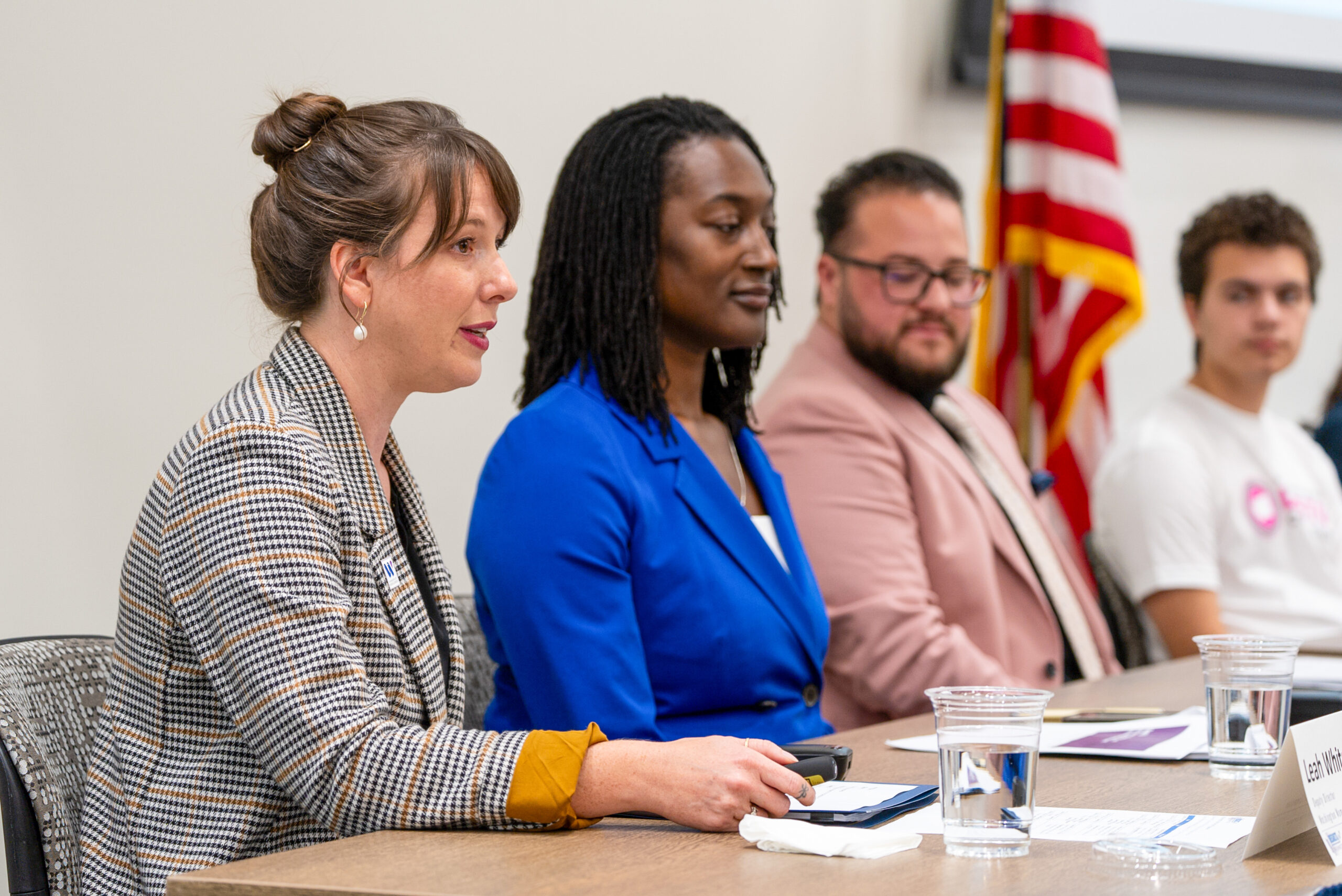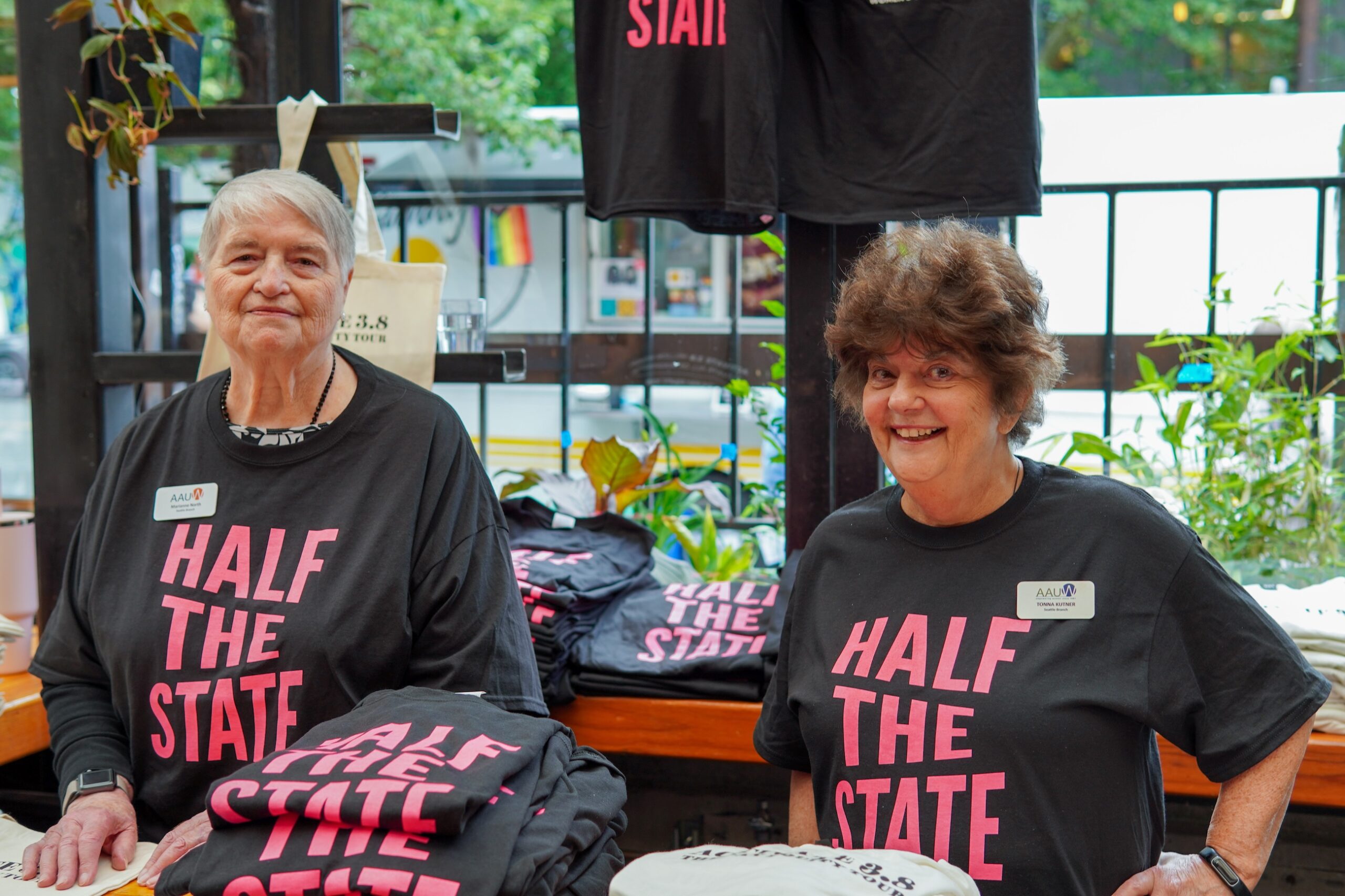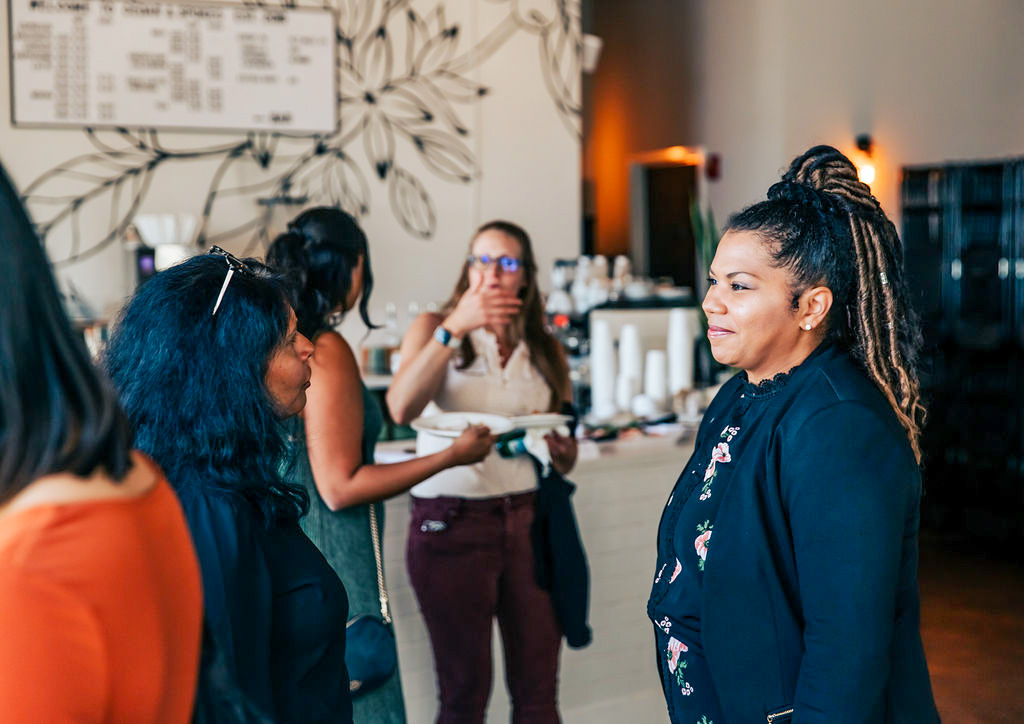No More Stolen Sisters: A Conversation with Indigenous Women Leaders for MMIWG Awareness
May 10, 2021
Thank you to all who joined us for our No More Stolen Sisters: A Discussion for Missing and Murdered Indigenous Women and Girls Day event on Wednesday, May 5th.
We want to extend our sincerest thanks to Representative Debra Lekanoff (Tlingit), Patricia Whitefoot (Yakama/Diné), and Abigail Echo-Hawk (Pawnee) for joining Commissioner Vicki Lowe in powerful conversation about the crisis of Murdered and Missing Indigenous Women and Girls, what is being done now to address it, and the urgent need for continued action.
We also remember and honor all the missing and murdered Indigenous women, girls, and gender-diverse people across Indian Country, including Daisy Mae Heath, Patricia Whitefoot’s sister who went missing in 1987.
The Women’s Commission is committted to increasing safety and access to justice for American Indian and Alaska Native women and girls by elevating awareness of the urgent human rights crisis, and listening to the women leading the Indigenous-led movement against it.
According to ‘Violence Against American Indian and Alaska Native Women and Men,’ a study commissioned by the National Institute of Justice, “Results show that more than four in five American Indian and Alaska Native women (84.3 percent) have experienced violence in their lifetime. This includes 56.1 percent who have experienced sexual violence, 55.5 percent who have experienced physical violence by an intimate partner, 48.8 percent who have experienced stalking, and 66.4 percent who have experienced psychological aggression by an intimate partner. Overall, more than 1.5 million American Indian and Alaska Native women have experienced violence in their lifetime.”
According to the Urban Indian Health Institute, Washington State ranks second highest in the nation for Missing and Murdered Indigenous Persons cases, at 98, with the city of Seattle rated first among cities nationwide with 45 cases, and Tacoma ranked seventh with 25.
The Indigenous population represents 1.9% of the state’s population according to the U.S. Census population estimates, but accounts for 6% of Washington’s active missing persons reports. However, the actual number of missing and murdered Indigenous women and girls is likely much higher, as Indigenous persons are often inaccurately reported or listed as White in law enforcement databases.
Washington State has enacted two pieces of legislation to address the crisis of Missing and Murdered Indigenous Women and Girls:
- In 2018, HB 2951 was signed into law, which increased services in reporting and investigating missing and murdered Native American women; and
- In 2019, HB 1713 was signed into law, which is to improve law enforcement response to missing and murdered Native American women.
On May 5th, 2021, the Attorney General’s Office announced the establishment of the Missing and Murdered Indigenous Women and People Task Force, which “will review current practices relating to data collection and reporting on Missing, Murdered Indigenous Women (MMIW) cases, review prosecutorial trends, identify resources to shore up victim services and make recommendations for improving training for those who work tribes and tribal communities.”
While these pieces of legislation and the establishment of the Task Force begin to address some of the challenges of MMIWG, there is still much work to be done to identify and address the causes and impacts of the violence against Indigenous women. In the words of Abigail Echo-Hawk, who continues to call for continued accountability and improvement to Washington State systems in their response to the MMIWG crisis:
“My greatest fear is other states using Washington as a model to address MMIWG. We cannot have mediocre work being affirmed—that’s how structural racism evolves and invisibility of missing and murdered Native women increases…It is imperative that indigenous people and organizations be involved and that the information is relevant and beneficial to Native people.”
Rewatch the Panel
For those who missed it, watch the recording of the event here:
To Learn More
- Connect with Representative Debra Lekanoff, and find ways to learn more and follow her work at the House Democrat’s website and at her official Facebook page.
- Learn more about Patricia Whitefoot’s advocacy and extensive work by reading this profile at Ecotrust, this profile by KUOW, and this profile by the Yakima Herald.
- Read more about Abigail Echo-Hawk’s leadership in the decolonization of data and advocacy to eliminate health disparities through this Crosscut interview and by following her official Facebook page.
- Learn more about Abigail Echo-Hawk’s work at the Seattle Indian Health Board and the Urban Indian Health Institute.
- Learn more about issues impacting Indigenous women and girls, find more resources, and subscribe to the Restoration Magazine through the National Indigenous Women’s Resource Center website.
- Resources include the Strong Hearts Native Help Line, Resource Library, Violence Against Women’s Act Sovereignty Initiative, and many other resources.
- Read more about the work of Secretary of the Interior Deb Haaland to combat the MMIWG crisis.
- Read more about Operation Lady Justice: The Presidential Task Force on Missing and Murdered American Indians and Alaska Natives, and legislation passed at the national level.
- Access the National Missing and Unidentified Persons System (NamUs), a tool that allows investigators, forensics professionals, and the public to cross-reference records of missing persons and unidentified remains, and that has helped families of missing and murdered Indigenous women find answers for themselves.
- Read the Washington Coalition of Sexual Assault Programs’ most recent edition of their annual publication Connections: ‘Honoring First Nations: In Their Own Words.’
- Find services and funding for survivors of sexual violence crime at the Washington State Department of Commerce site.
- Read President Biden’s Proclamation on Missing and Murdered Indigenous Persons Awareness Day.



